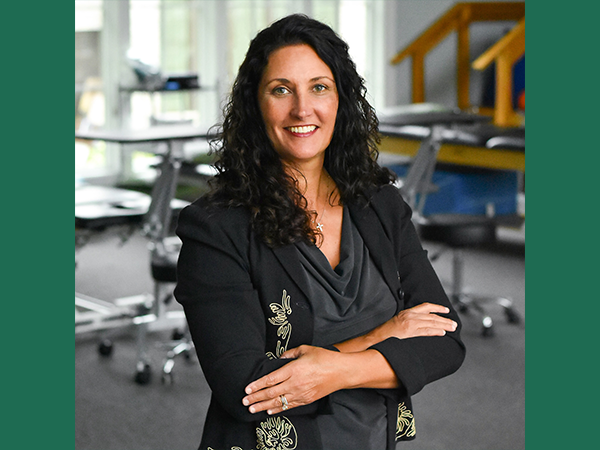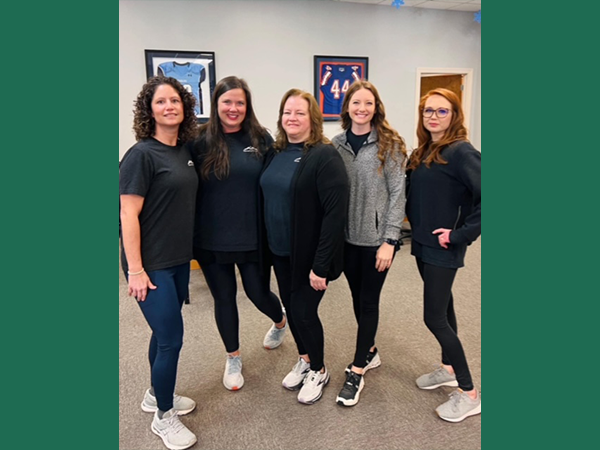Director's Notes

James Rimmer, CEDHARS Director
In an editorial that appeared in The New York Times last week, Dr. Lisa Iezzoni, a researcher and physician from Harvard University and Massachusetts General Hospital, conducted a set of focus groups among her peer physicians to examine their attitudes toward treating people with disabilities. Disappointingly, she concluded that the medical profession continues to be largely discriminatory in providing healthcare for people with disabilities. While I have been an active reader of Dr. Iezzoni’s research for the last two decades and have heard many times before that physicians aren’t treating patients with disabilities in the same way as patients without disabilities, the findings from this new study were even more dramatic and shocking than her previous reports. Here is a quote that summarizes the study findings:
“One [doctor] said he didn’t think he could legally just refuse to see a patient who has a disability — he had to give the patient an appointment. But, he added, “You have to come up with a solution that this is a small facility, we are not doing justice to you, it is better you would be taken care of in a special facility.”
Yikes!
I heard this type of statement more than two decades ago when I was conducting focus groups with fitness facility managers and owners. When I asked the question, “Are people with disabilities coming to your facility?” the response was, “No, we don’t have special equipment for them so they have to go to another facility and work with a physical therapist.”
Another doctor in Dr. Iezzoni’s study said, “Disabled patients took too much time, a disruption to clinic flow.” Since Dr. Iezzoni conducted the interviews on Zoom, the physicians did not realize that she was a wheelchair user!
On another disappointing note, a good colleague of mine, Dr. Scott Crawford, was planning a trip from Jackson, Mississippi, to Birmingham only to discover two days before his visit that Greyhound canceled the trip. Dr. Crawford, a power wheelchair user, doesn’t drive and relies on public transportation in and out of the state. After receiving his call about not being able to come, he also mentioned that Greyhound decided to cancel all future trips out of Jackson for the foreseeable future (the state capital and largest city in Mississippi)! So, what is a person supposed to do when accessible bus transportation is no longer available, and you don’t drive? Sit home and watch TV all day?
While the ADA has been a strong federal law promoting civil rights for people with disabilities, it is still only a low bar type of accessibility and we have many more needs, especially when it comes to accessible healthcare and public transportation.

